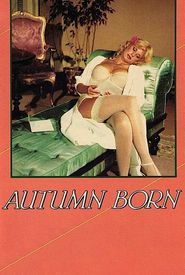Dorothy Stratten's life was a fleeting yet resplendent spectacle, marked by both triumph and tragedy. Born Dorothy Ruth Hoogstraten on February 28, 1960, in Vancouver, British Columbia, Canada, she grew up in a rough neighborhood, yet managed to steer clear of trouble and navigate the rigors of school.
Although she didn't possess a conventional beauty as a child or teenager, Stratten underwent a remarkable transformation after high school, captivating the attention of Paul Snider, a promoter and aspiring star. He began dating her and, after spotting an advertisement for Playboy's 25th Anniversary Playmate search in 1978, convinced her to pose for photographs.
Playboy's scouts were impressed by Stratten's potential and flew her to Los Angeles, California, where she was considered a candidate. Although she ultimately lost out to Candy Loving, Stratten was subsequently made a Playmate in the August 1979 issue of Playboy. This milestone led to a string of acting roles, including appearances in Americathon (1979) and Skatetown U.S.A. (1979),as well as being the object of Richard Dawson's affection in an ABC-TV special filmed at the Playboy mansion.
Stratten's star continued to rise in 1980, as she was announced as the Playmate of the Year by Playboy's publisher and founder, Hugh Hefner. However, her personal life was beset by turmoil, particularly her tumultuous marriage to Snider, who exerted a Svengali-like influence over her.
After a separation, Snider's behavior became increasingly erratic, culminating in a murder-suicide at the apartment they once shared in West Los Angeles. Snider tied Stratten up, sexually assaulted her, and then shot her with a shotgun, before turning the weapon on himself.
In the years following her tragic death, Stratten has developed a cult following, with two films, a song, and several books dedicated to her life and legacy. Her final movie appearance was in They All Laughed (1981),which was released posthumously.
























